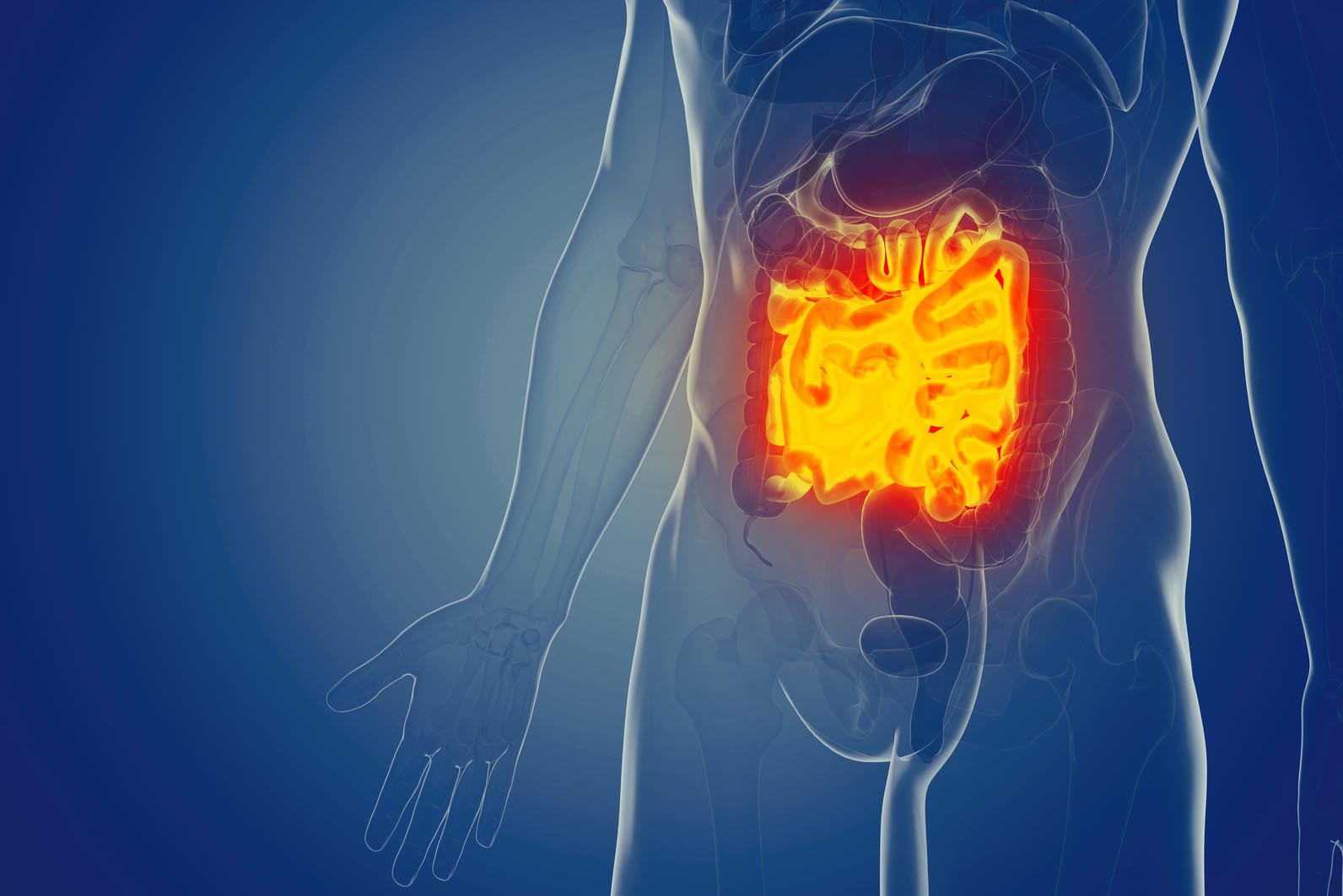• Disrupting the gut microbiota
• Microbial metabolites
What is already known on this topic
Inflammatory bowel diseases (IBD), which include Crohn’s disease and ulcerative colitis, affect more than 3.5 million people worldwide. The conditions are very diverse at the molecular, genetic, and microbial levels, making it difficult to find effective treatments.What this research adds
By following more than 100 people for one year, researchers have catalogued the complex set of chemical and molecular events that disrupt the gut microbiota in people with IBD. Compared to healthy people, those with IBD had fewer microbially-derived chemicals.Conclusions
The study, which provides a better understanding of the microbial changes involved in IBD, may inform the development of future therapies.
For the first time, researchers have observed the complex set of chemical and molecular events that disrupt the gut microbiota during flare-ups of inflammatory bowel diseases (IBD). The study, which was published in Nature, provides a better understanding of the microbial changes involved in the conditions.
IBD, which include Crohn’s disease and ulcerative colitis, affect more than 3.5 million people worldwide. The disorders, which are characterized by periods of remission followed by flare-ups, are very diverse at the molecular, genetic, and microbial levels, making it difficult to find effective treatments.
Previous studies have described changes in the gut microbiota during IBD, but this time a team of researchers, led by Jason Lloyd-Price at the Broad Institute and Harvard University, have developed tools to understand why those changes happen and how they trigger an unhealthy inflammatory reaction.
Disrupting the gut microbiota
The researchers followed 132 individuals for one year and compared those with Crohn’s disease and ulcerative colitis to a group of healthy people. Study participants used home collection kits and mailed a stool sample to the researchers every two weeks. Every three months, the team also analyzed blood samples and small pieces of tissue removed from the colon of participants.
The results confirm findings from previous studies, which showed a reduction in the overall gut microbiota diversity and the increase in pro-inflammatory microbes during flare-ups. Among people with IBD, the changes in microbiota composition led to more episodes of immune attacks against the normal gut microbiota.
In particular, individuals with IBD had an increase in facultative anaerobes, including Escherichia coli, at the expense of obligate anaerobes such as Faecalibacterium prausnitzii and Roseburia hominis. Among people with IBD, those with Crohn’s disease had increased levels of Ruminococcus torques, while those with ulcerative colitis had more Ruminococcus gnavus.
Microbial metabolites
When the researchers looked at the molecules produced as byproducts of microbial metabolism, known as metabolites, they found that, compared to healthy people, those with IBD had lower levels of the short-chain fatty acid butyrate and some secondary bile acids. In contrast, individuals with IBD had higher levels of the primary bile acid cholate as well as acyl-carnitines, which are known to have a pro-inflammatory effect.
Compared to healthy people, those with IBD also expressed at higher levels genes involved in immunity or microbial control, including a gene whose product inhibits the growth of
Gram-negative bacteria and a gene that produces reactive oxygen species.
The study provides a catalogue of features that may be important during IBD. Although it’s unclear whether these features can predict whether someone will develop IBD, the findings may inform the development of future therapies, the scientists say.









